Patient Access Scheme (PAS)
Patient Access Schemes (PASs) are confidential pricing agreements proposed by pharmaceutical companies to allow patients access to drugs or treatments that might not be deemed cost-effective under standard pricing conditions. These schemes are sometimes referred to as ‘risk sharing’ or ‘rebate’ schemes. Essentially, PASs typically involve some form of price discounting, enabling companies to maintain control of (undiscounted) list prices across different countries and facilitating potential renegotiations of the discount if necessary.
Key features of PASs include:
– Confidential Pricing Agreements: PASs are designed to provide access to treatments by adjusting pricing structures to make them more cost-effective.
– Forms of PASs: They range from simple price discounts to more complex arrangements such as outcomes-based schemes, dose caps, rebates, and upfront free stock.
– Regulatory Framework: The principles and terms for these schemes were outlined in the 2014 Pharmaceutical Price Regulation Scheme (PPRS).
– NICE Involvement: In England, proposed PASs are submitted to NICE’s PAS Liaison Unit, which provides initial guidance, assesses feasibility, and advises NHS England.
– Scottish Medicines Consortium: Similar arrangements are coordinated in Scotland by the Scottish Medicines Consortium.
When a medicine under a PAS is used as a comparator in a technology appraisal for a new intervention, the discounted (post-PAS) price is considered in the appraisal. This ensures that the cost-effectiveness evaluation reflects the actual price paid by the healthcare system, maintaining the integrity and accuracy of the economic assessment.
PASs play a crucial role in balancing the need for pharmaceutical companies to recoup research and development costs while ensuring that patients have access to necessary and potentially life-saving treatments that would otherwise be unaffordable.
Click HEOR TERMINOLOGY
